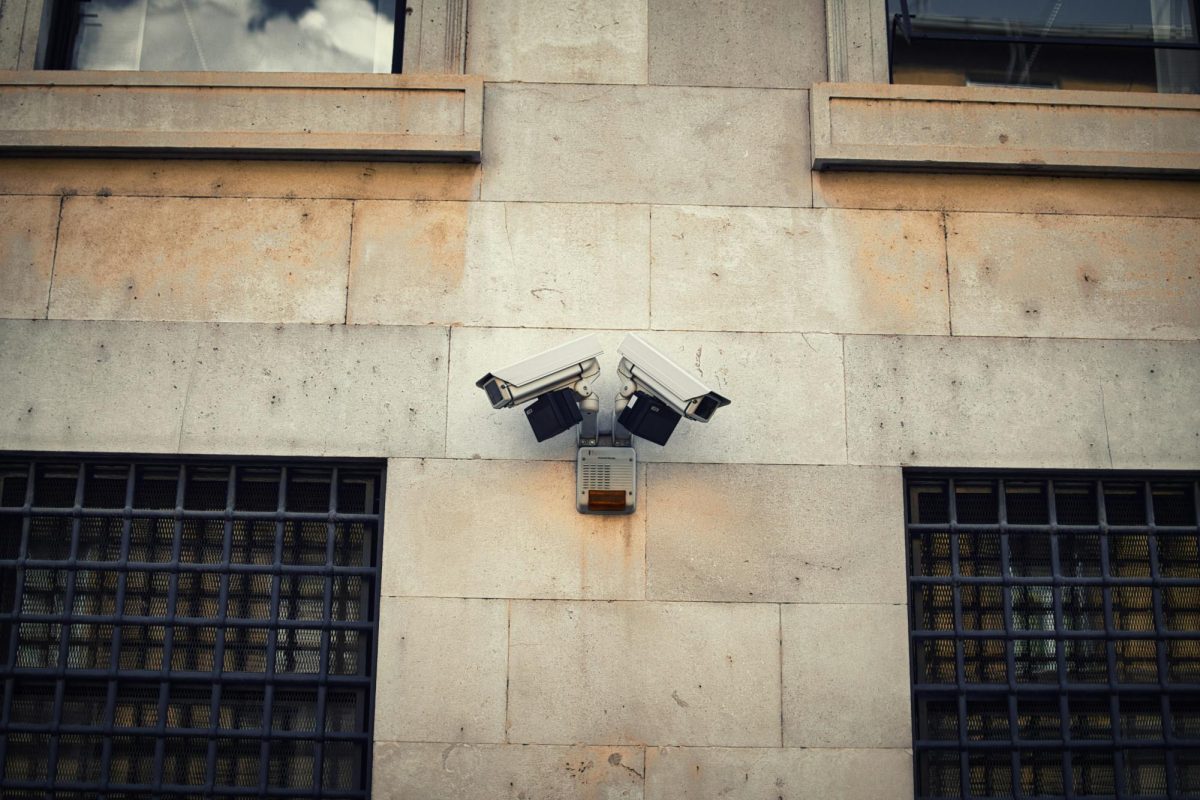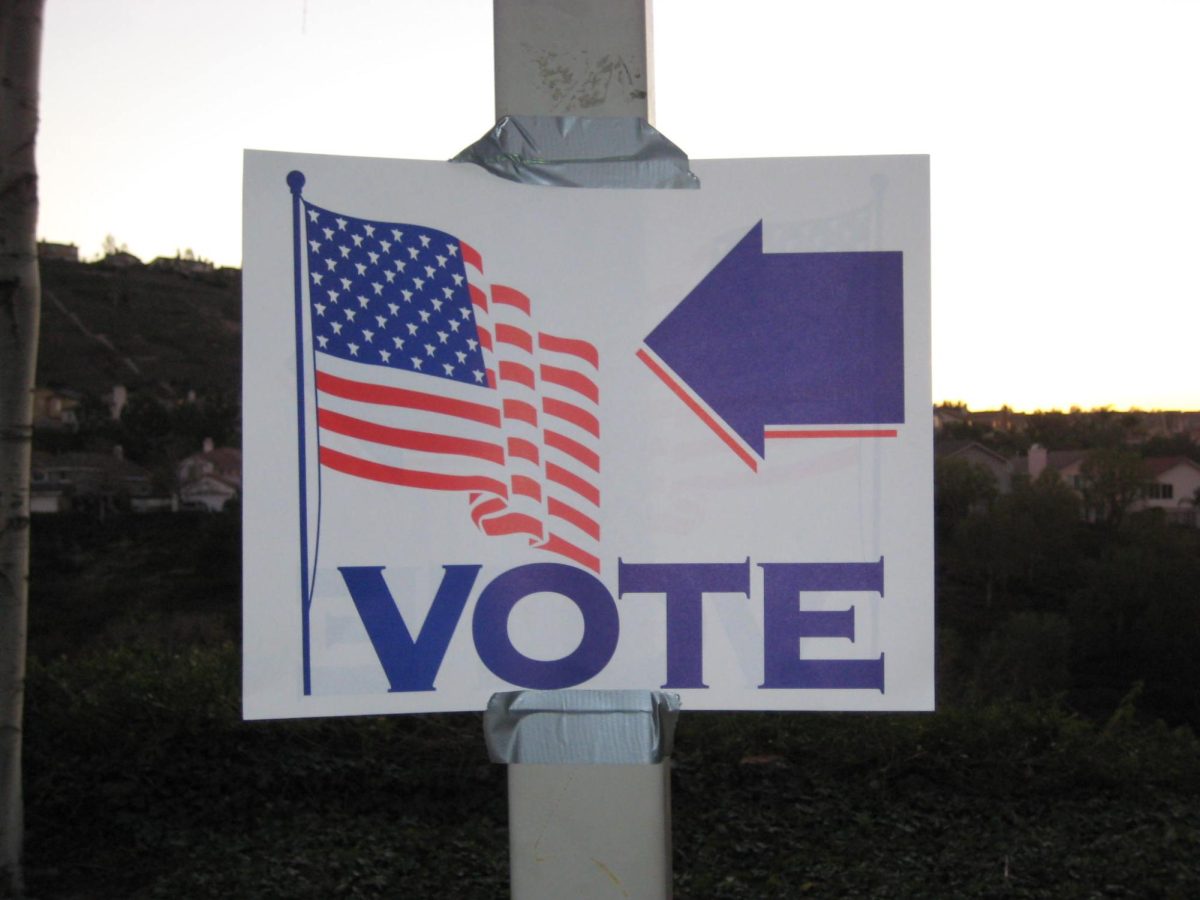The Folly of Voting
Another election cycle is upon us, but I’m here to assure you that not everybody is wrapped up in the emotional fervor that accompanies such a charade. Pundits make an effort to persuade you of how critical this election is, of how important it is to vote, of the supposedly vast differences between Suit R and Suit D. However, a person concerned with the principles of a free society and liberty would not vote in national elections.
Let me explain. In debates every four years, we see two candidates who expect us to believe that their “vision” can control, change, and embody history’s most powerful and bloated government. That they can transform it into a fantasy that it is not. It contains thousands of departments, innumerable codes of laws, and systems of graft and corruption rooted in centuries of entrenchment.
Yet, they stand on stage with an implausible conviction asking for your consent and approval—your vote. The candidates must be extraordinarily talented in order to pull off such an elaborate ruse, and perhaps pathological if they actually believe their claims.
We are taught that voting is our civic duty and our right as citizens. This may be, but we should consider certain points first.
People like to believe that their vote counts, but it doesn’t. Despite the propaganda from politicians and pundits, statistically it is meaningless. It is the absolute least worthwhile activity you should concern yourself with, if you aim to positively influence the world. There is actually a study showing that you are more likely to die on the way to the polls than you are to cast a meaningful vote in a presidential election. Even when it has been close, we have learned that votes really don’t count (see the 2000 election fiasco).
Keep in mind that voting just encourages them. People very rarely vote for the candidate that they really believe in, but against candidates they fear. If you doubt this, simply ask an average Romney or Obama supporter to explain why they are voting without referring to the competitor. Unfortunately, this is not how politicians see it. They take office with the belief that the vote totals give a mandate to rule—never mind that most votes were merely cast against the opponent.
People take solace in voting for the “lesser of two evils”, but of course they are still voting for evil. One could argue that a vote for a third party is meaningful on a symbolic level, however hopeless their prospects of winning. Do so if you wish. But, if you do not believe that it is proper for individuals to relate to one another on the basis of coercion, then don’t engage in the process that approves it. Non-voters are told that if you don’t vote then you cannot complain. In fact, it is the exact opposite. By voting, you are consenting to the ultimate results of the political process and have no right to complain about the wars, the debt, and the violations of civil liberties.
If you wish to learn more about this topic and how to meaningfully promote a free society contact Thomas Funfsinn at [email protected] to get involved with the Liberty Forum at UIS.
Thomas Funfsinn is currently a graduate student in the Liberal and Integrative Studies program and the president of the Liberty Forum at UIS. He holds B.A.s in History and Legal Studies.





